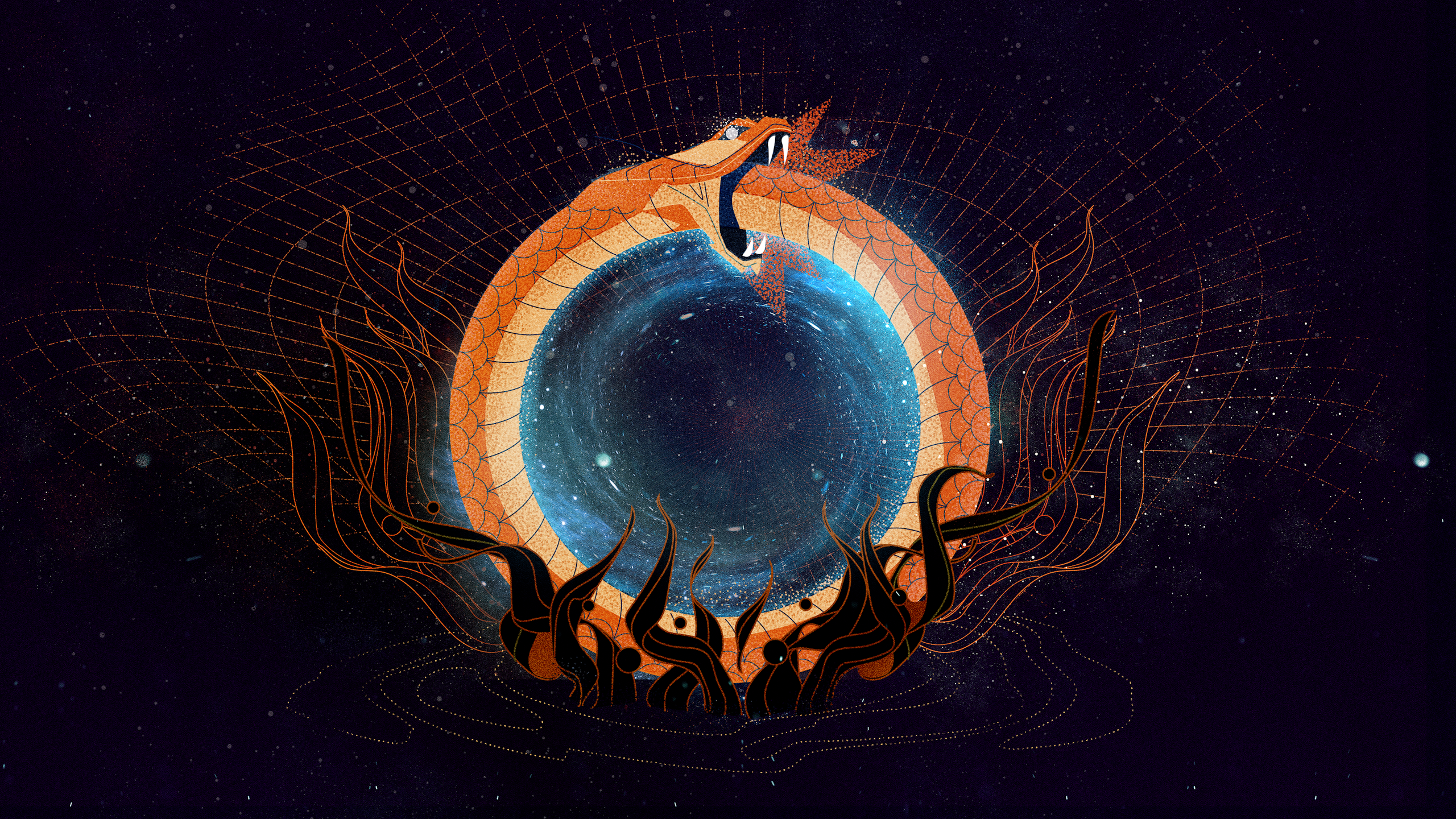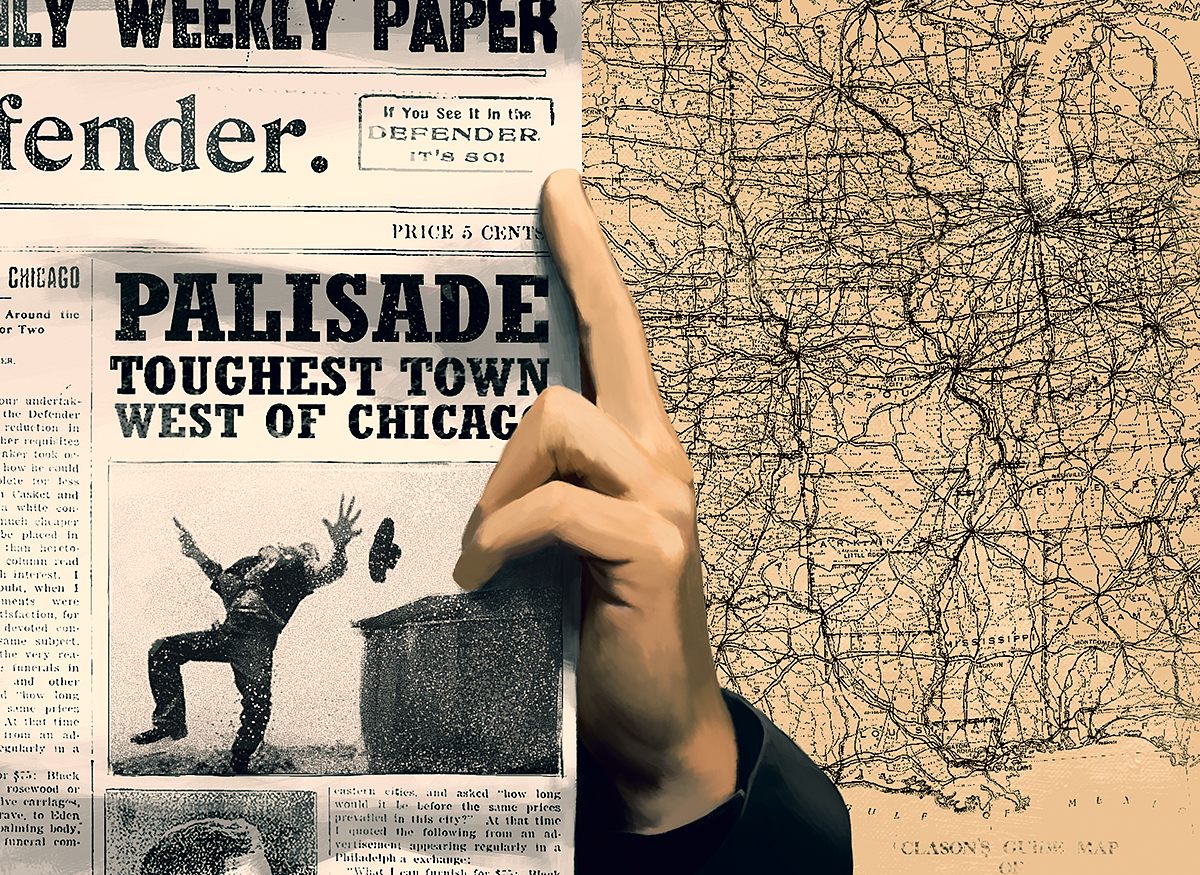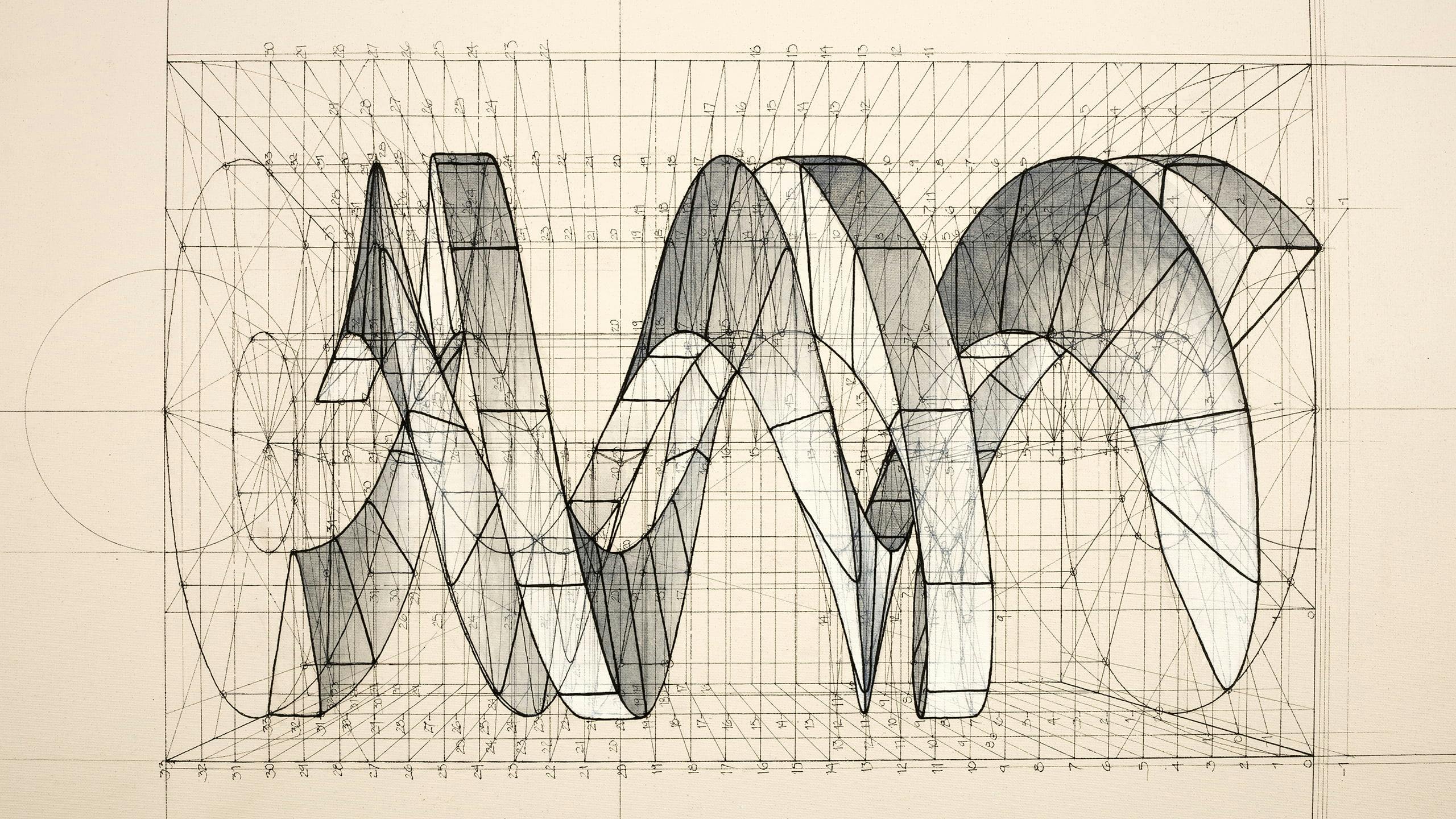Circle of Life and Death
Chaos reigns: society’s journey towards equilibrium?

Ouroboros. Artist: Denis Freitas
Death is a natural part of the cycle of life.
We often think of life as good and death as a problem, but being dead is very peaceful. It’s just the transition that’s a problem. Going from life to death is scary (as is a zombie coming from death back to life). But transitional states are just part of the endless cycle of life and death, as the Ouroboros eating its own tail reminds us.
Most of the world runs in cycles. And things may not feel peaceful lately, thanks to the global financial crisis, social media, Covid, automation, climate change, socialism, de-globalization, nationalism, decline of the US dollar, emergence of Asia, Ukraine war, AI, and other assorted transitional chaos.
But it’s useful to keep in mind that this is part of a cycle, and eventually, the wyrm turns. From a scientific perspective, that’s certainly true. In physics, equilibrium states offer bounded stability and resilience. By definition, systems like to be in equilibrium, but shifts between equilibrium phases are common in complex systems. Phase transitions tend to involve chaotic fluctuations and unpredictable behavior, until a new equilibrium state is reached.
“What are you talking about?”
No, “WATER” you talking about! Water is a complex system of H20 molecules moving rapidly. But it can have an equilibrium phase as liquid water, or as a solid (ice), or a gas (vapor). These three phases of water have different properties, but each is a stable system. If you are soaking in a pool of water, or standing on a sheet of ice, no problem. But if the ice you are standing on melts, or the water you are soaking in freezes, problem. It’s not that either equilibrium state is bad, just that the phase transition between them causes upheaval.
Society is, as many important historians have noted, even more complex than water.
Consequently, society may have even more phases of equilibrium, and the transitions between them may be even more dramatic. So if you feel like we’re experiencing unprecedented global disruption lately, it may mean that it’s time to wave goodbye to the equilibrium we had been enjoying. But chances are good that we’ll be headed towards a new stable equilibrium. So rather than pretending we can avoid any change by denying the obvious chaotic phase transition, perhaps we should try to raise our global consciousness and steer this chaos towards the best equilibrium possible.
References
- Social Phase Transitions
- Phase Transitions
- A Critical Historical and Scientific Overview of all Industrial Revolutions
- From Socialism to Market Economy: The Transition Problem
- Non-equilibrium Phase Transitions
- The Journey: A Phase Transition
- IPCC 6th Assessment Report: Impact, Adaptation and Vulnerability
- Global Society As Singularity And Point Of Transition To The New Phase Of Social Evolution




Responses